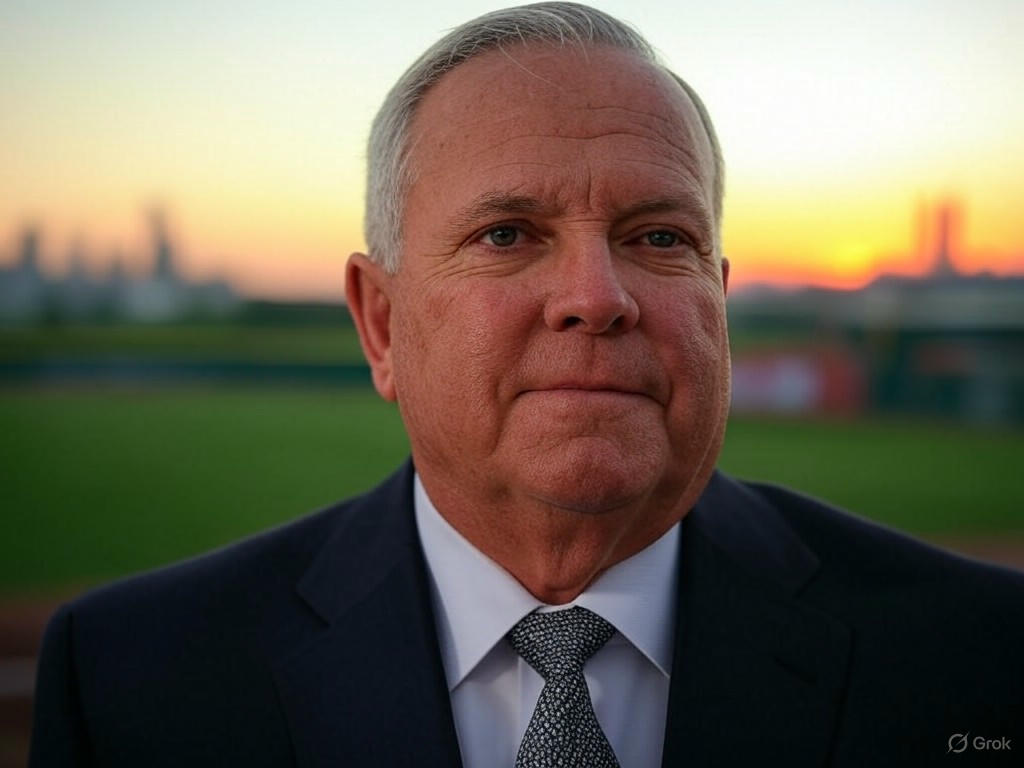White Sox Ownership Shift: A Deal with a Distant Horizon
In a surprising turn of events for Chicago sports fans, Jerry Reinsdorf, the long-time owner of the White Sox, has struck a deal that could see the team change hands in the coming years. The agreement, recently revealed to the public, involves billionaire businessman Justin Ishbia and sets the stage for a potential ownership transition that might not fully materialize for over a decade. While the news has sparked curiosity and speculation among supporters, the timeline of this deal is anything but conventional, leaving many to wonder what it means for the future of the franchise.
Reinsdorf, who has been at the helm of the White Sox since 1981, has overseen both triumphs and challenges during his tenure. Under his leadership, the team clinched the World Series title in 2005, ending an 88-year drought. However, recent seasons have been less kind, with the team struggling to maintain consistent performance and fan engagement. The agreement with Ishbia offers Reinsdorf the flexibility to sell the team as early as 2029, providing a window for transition if he chooses to step away. Yet, the deal also grants Ishbia the exclusive right to purchase the team after the 2034 season, creating a long-term contingency plan that could keep the current ownership structure intact for another decade.
For fans, this news brings a mix of hope and uncertainty. Ishbia, known for his involvement in other sports ventures and his business acumen, could bring fresh energy and resources to the White Sox. His potential involvement raises questions about stadium upgrades, player acquisitions, and a renewed focus on building a competitive roster. However, the extended timeline means that significant changes might be years away, leaving the team in a state of limbo as they navigate the immediate future. Some supporters worry that prolonged uncertainty could impact team morale or fan loyalty, especially if on-field results continue to disappoint.
Beyond the fanbase, this deal also has implications for the broader Chicago sports landscape. The White Sox have long been a staple of the city’s South Side, representing a cultural touchstone for many residents. A change in ownership, whenever it occurs, could reshape the team’s identity and its relationship with the community. Will Ishbia prioritize local traditions, or will he push for a more modernized, business-driven approach? Only time will tell, but the possibility of a sale as late as 2034 suggests that Reinsdorf is in no rush to relinquish control, perhaps hoping to cement a stronger legacy before passing the torch.
As the White Sox continue their current season, this ownership saga will undoubtedly remain a topic of discussion in dugouts and living rooms alike. While the deal with Ishbia offers a glimpse of a new era, the long road to 2034 means that patience will be a virtue for fans dreaming of change. For now, the South Siders must focus on the game at hand, knowing that the future, though uncertain, holds the promise of transformation.


